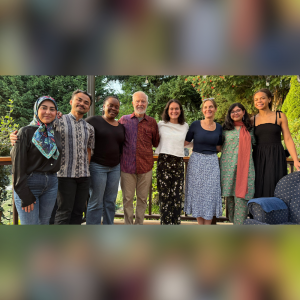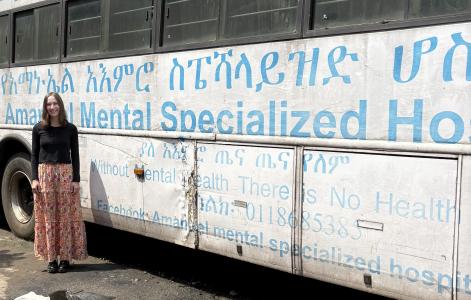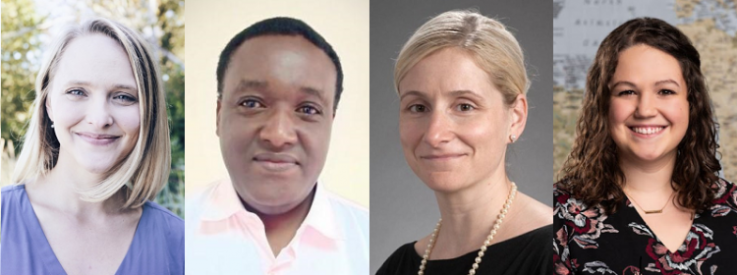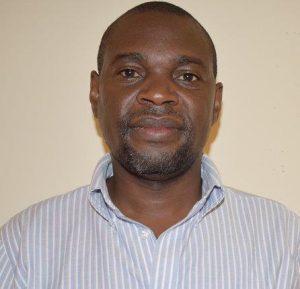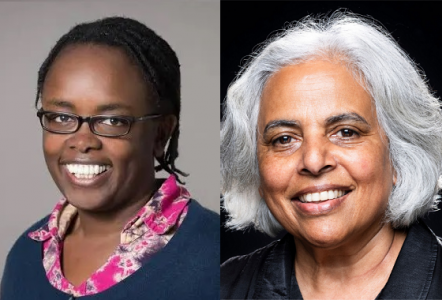Alumni at the Forefront of Global Health Justice
What do you do when you’re outraged by a forgotten crisis? After reading about the ongoing humanitarian catastrophe in the Central African Republic- a country with one of the highest mortality rates in the world yet little global attention- Department of Global Health alumnae Alina Metje (‘23) and Amaya Gatling (‘25) wrote an article for the Department’s Global Health Justice website calling for renewed visibility and accountability by the international community.
